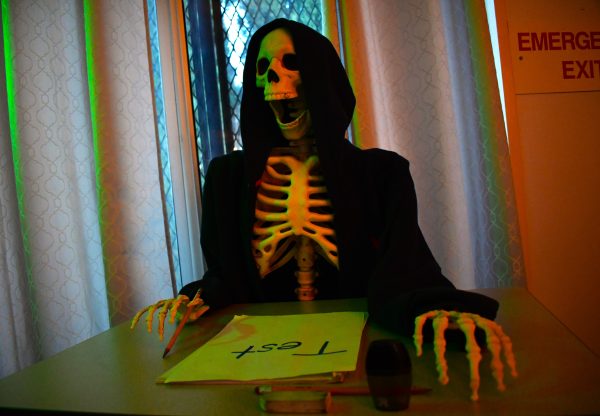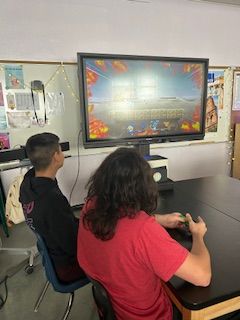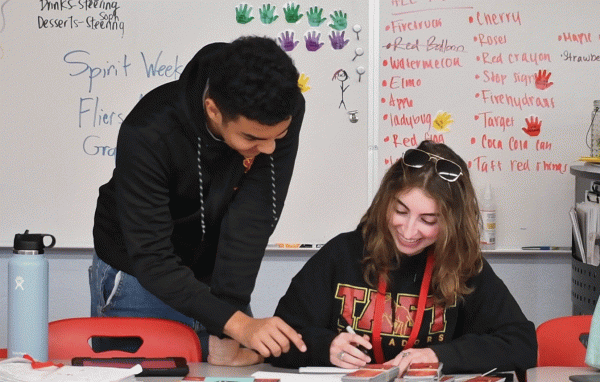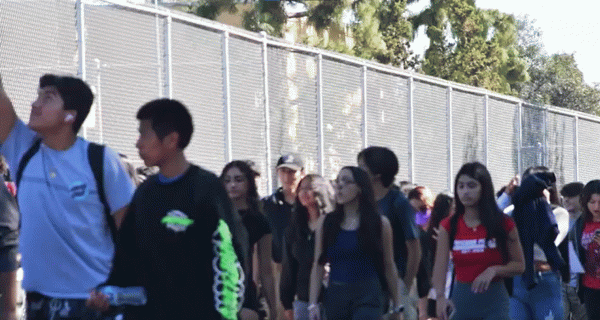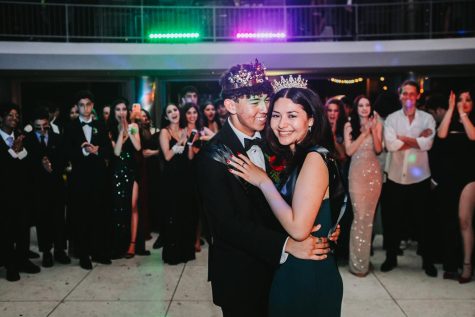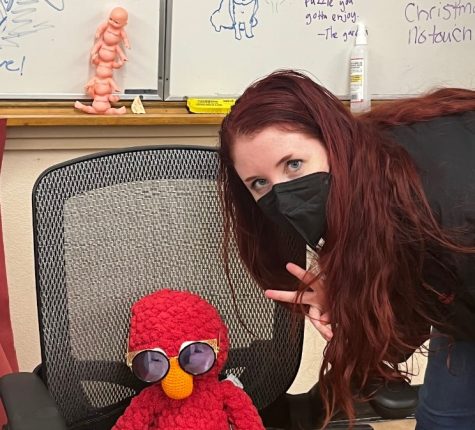Speech and Debate: The Past, Present, and Future
This year, zero period’s Taft Speech and Debate team has undergone some major changes. The most significant of them: leadership. But before getting into the events of this year, it’s only fair to explain exactly what Speech and Debate is.
Contrary to what some may believe, Speech and Debate at Taft isn’t merely a zero period class- it’s a team that competes against fellow high schools (and in some cases, middle schools) nationwide. So, essentially, this isn’t something that is confined to the four walls of a high school. Nor is it a club that it’s members half-heartedly attend. Most of the varsity members of this team who’ve been here two years or more possess a fierce dedication to what they are doing.
In addition, Speech and Debate isn’t one entire class. Speech is an entirely separate entity from Debate. While Debate focuses on rational thinking and logical argumentation based on factual information, Speech is more performing-arts focused. There is only one event that can be performed by two people: Duo Interpretation. Other than that, the remainder of the events is performed by a single person. Interpretation events are speeches that take movies, books, and sometimes the occasional testimony and “cut” them to be shorter. Then they go through a process of interpretation by the speaker, who has to create the right amount of intonation, develop a character/s and memorize the said speech. Original speeches are written by the student, and then repeatedly revised until satisfaction has been achieved. They may go through a similar process as interns do, but it depends on the speaker.
Debate, while it has “value” debates that make people argue an ethical topic, most debate rounds are focused around hypothetical situations that are likely around political topics. Some forms of debate, such as Parliamentary Debate, has two partners that have to prep for their arguments in a short period on the spot. Other debates have longer periods of time to prep and can even be done solo.
This past year, Debate has been thriving. With the influx of freshman students, as well as students who shifted over from Speech to Debate, Taft’s debate team has more participants than it has seen in the past five years. Winona Roulston, a junior at Taft and a varsity member of the Debate team says that this year has been, “interesting”, noting that the team has “been to tournaments, and Debate has actually really good this year. We’ve been winning competitions, we’ve been doing better than previous years, and we’ve gotten closer. Become more of a family.” According to Roulston, last year the students had to scramble to figure out the ropes of debate on their own, as many senior varsity members had recently graduated. In contrast to last year’s experience, the varsity members truly “got it together”, and were able to function better overall.
Unfortunately, the students couldn’t say the same for their counterpart: Speech. After last year’s Speech captain, Cody Smith, graduated from Taft, a series of hapless events unfolded. When the 2018-2019 school year opened, Speech had around 30 members. The future of the team seemed hopeful. It seemed to the varsity members of Speech that perhaps, finally, the underdog that was their team would finally have a leg up in terms of numbers. If the students could be groomed to become motivated, talented, and hard-working Speech kids, Taft would be able to outshine the other competitors.
Sadly, this wasn’t the case. Instead, with the ascension of the new captain came “an instability within Speech…”, according to Eliana Captol, a sophomore at Taft and a current varsity member of Speech. Many students either switched out of Speech or migrated to Debate instead. Most felt unsupported, and as though they weren’t being helped sufficiently to feel confident and breeding a culture that was discouraged. The students who were in charge switched schools together for more opportunities in Speech.
The good news? Well, for starters, the current varsity in both Speech and Debate have high hopes for next year. They believe that with the incoming wave of ninth-grade students who are unaware of this year’s tumultuous events, it will be easier to strengthen Debate and rebuild Speech from the bottom up. Next year’s class promises to be run with more structure and support for incoming students, as well as upcoming varsity members.
So, if you are interested in joining either Speech or Debate next year (or both!) you will be welcomed with open arms.


